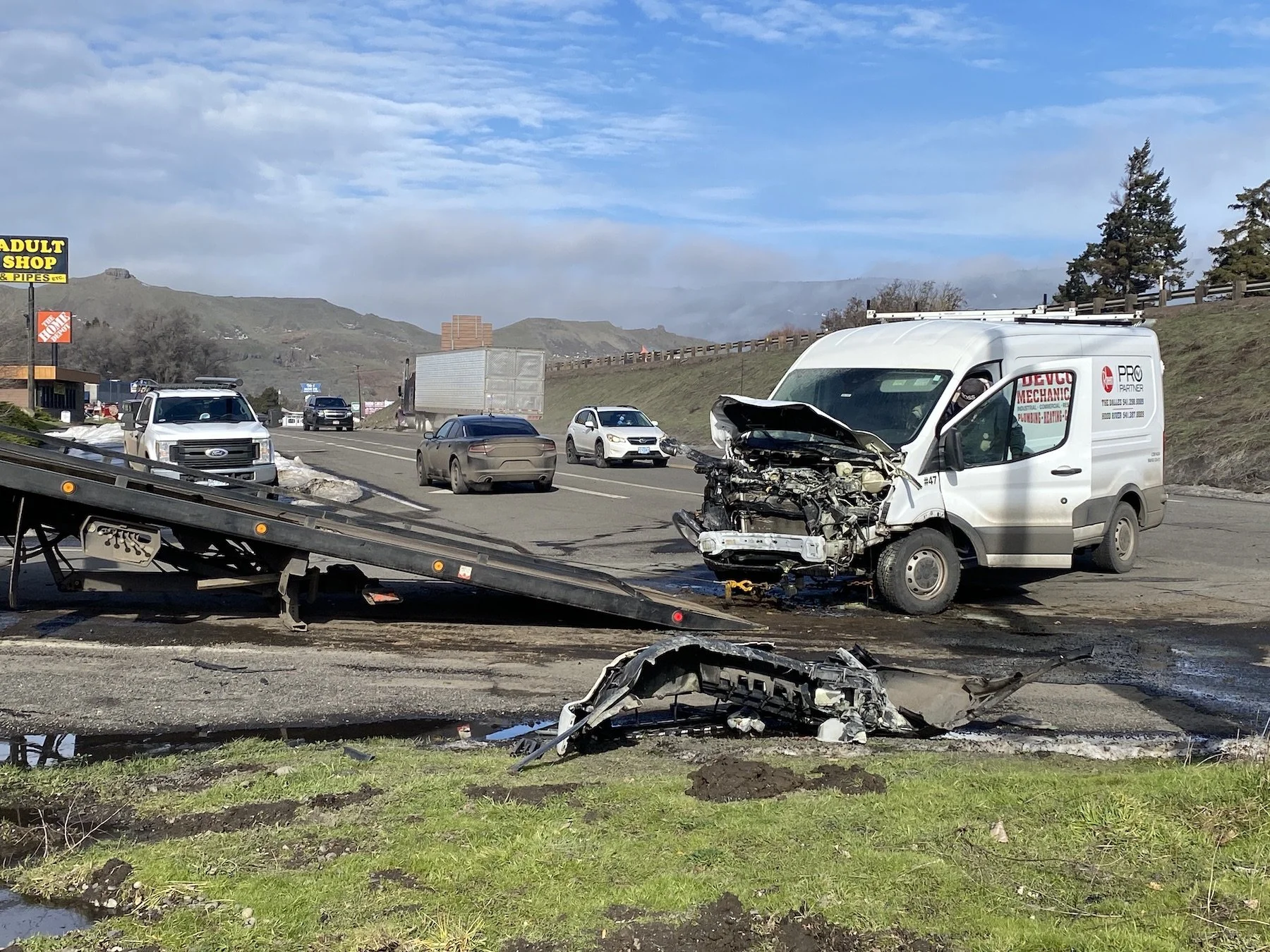Columbia Gorge Resolution Center Asks for Signatures to Secure $36.1 million
The public can sign the letter of support for building a residential treatment facility in The Dalles by clicking here.
By Cole Goodwin
The Dalles, Ore., February 7, 2024 – The Columbia Gorge Resolution Center (CGRC) is asking citizens to sign a letter of support. The letter that will be presented during an upcoming legislative short session in which Wasco County and Mid-Columbia Center for Living will request $36.1 million in funding. The funds will be used to build the CGRC, a 16-bed secure mental and behavioral health residential treatment facility (SRTF) and stabilization center on 10th and Walnut in The Dalles, OR.
Wasco County Sheriff Lane Magill
The Resolution Center would be the first regional SRTF of its kind and would serve Wasco, Hood River, and Sherman Counties as well as tribal communities, and others in the surrounding area.
“I look at this as a huge regional need. We have a lot of individuals in our communities that have mental and behavioral health issues and we need some place that we can walk them to and get them treatment,” said Wasco County Sheriff Lane Magill who has “been in the fight” for bettering access to local mental and behavioral health services for the past 13 years.
The Resolution Center was scheduled to begin construction in January of 2024, however, when Columbia Care backed out of the project as the care provider in August, the project lost nearly $9.3 million in grant funding. That sent project partners back to the drawing board. In November Columbia Care also closed their Creekside residential treatment facility in The Dalles, resulting in a complete loss of access to local residential treatment access.
“In our region, we have absolutely zero (SRTF or RTF) services; every other region in the state has some sort of services,” said Magill.
The closure of Creekside resulted in the loss of seven treatment facility beds in Oregon.
The state of Oregon currently ranks 50th in the nation for mental and behavioral health services. A new study suggests Oregon needs 3,000 new adult residential mental health beds. Projected costs to meet the need currently hover around $500 million not including staffing or operating costs.
The most acute statewide shortage of residential beds is for individuals with substance use disorders and those in need of withdrawal management.
Magill says substance use disorder is the elephant in the room that the Resolution Center hopes to address. The Resolution Center’s goal is to stabilize individuals and then connect them to other services based on their needs for housing, employment, education, healthcare, assistance, ongoing care, and case management. Having a treatment facility would help reduce criminal recidivism, improve community livability/restoration, and save lives, Magill said.
The project is in it’s “shovel ready” phase having secured its 7.3-acre location on 10th and Walnut streets in The Dalles, the Sheriff said. The project’s only hold-up now is filling in the $36.1 million funding gap.
While $36.1 million might sound like a lot, Magill says it’s all relative, after all the state reported $31.9 billion in their general fund in June of 2023.
“People talk about $36 million- ‘man that’s a lot of money’, but that’s actually a pretty easy lift for the Oregon Health Authority as well as in the Governor’s budget and other budgets if they parse it out appropriately. We’re just a small small potato in a very big bucket,” Magill said.
Magill stressed the importance of having community support for the project.
“I encourage citizens to sign on to that letter of support. They can reach out to their commissioners or their legislators if they want to with a phone call, and say “you need to support this Resolution center because two things are going to happen: we are going to make our community stronger and we’re going to save people’s lives,” said Magill.
The public can sign the letter of support by clicking here.
Support Local News
Available to everyone. Funded by readers.




